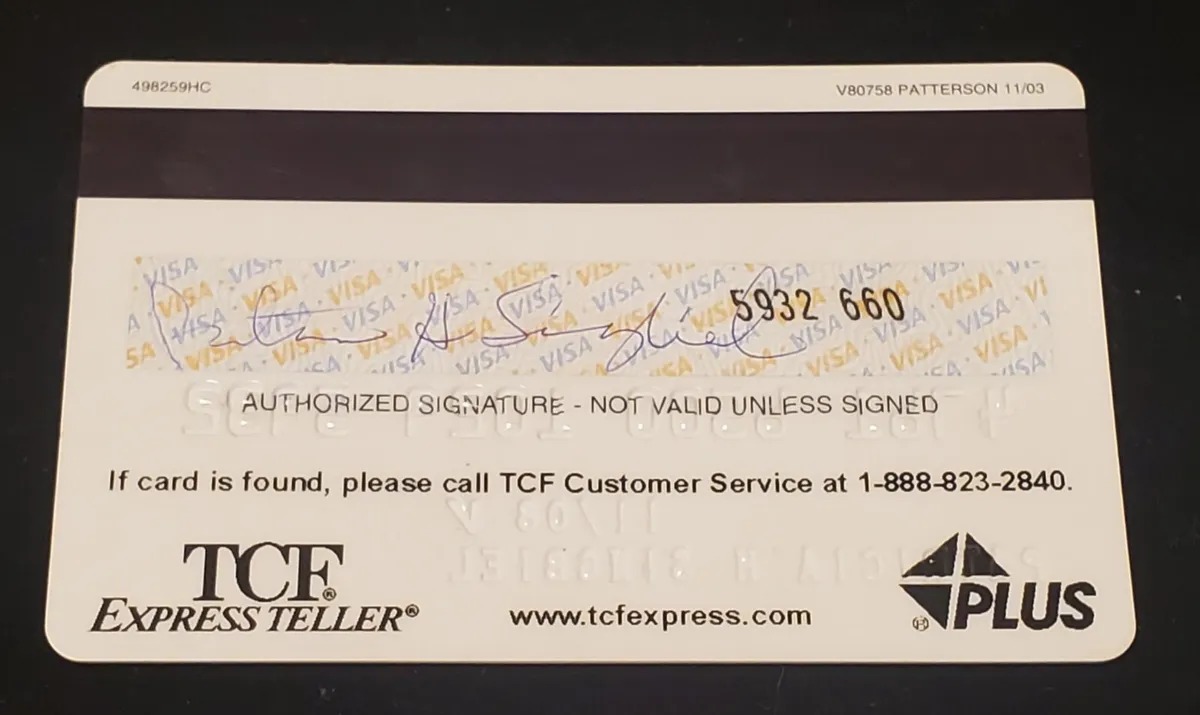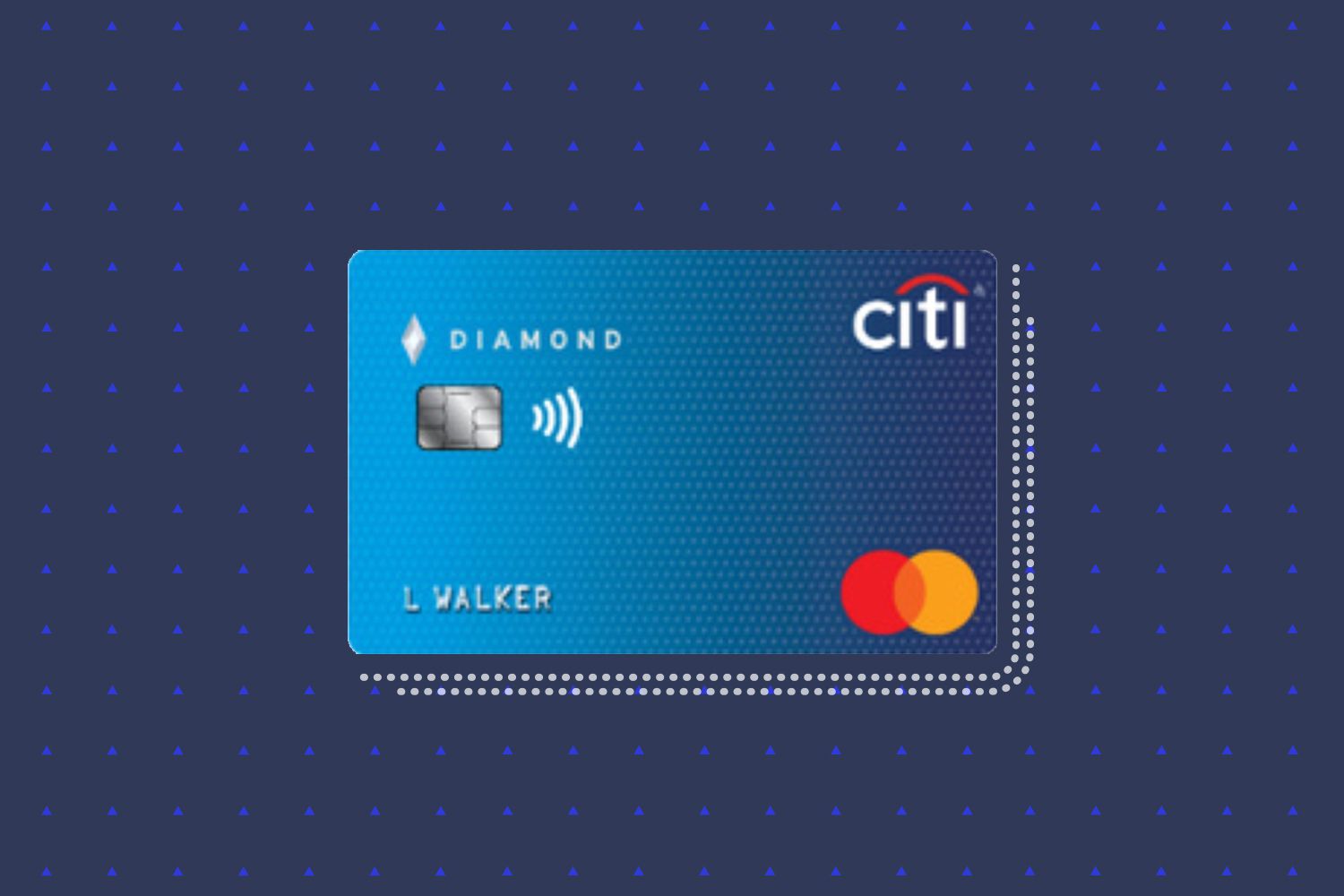Home>Finance>Does A Credit Inquiry Occur When I Apply For A Secured Credit Card?


Finance
Does A Credit Inquiry Occur When I Apply For A Secured Credit Card?
Published: March 5, 2024
When applying for a secured credit card, find out if a credit inquiry will occur. Learn how this may impact your finances and credit score. Get the answers you need.
(Many of the links in this article redirect to a specific reviewed product. Your purchase of these products through affiliate links helps to generate commission for LiveWell, at no extra cost. Learn more)
Table of Contents
Introduction
Secured credit cards are a valuable financial tool for individuals looking to establish or rebuild their credit. These cards are secured by a cash deposit, which serves as collateral and minimizes the risk for the card issuer. As a result, secured credit cards are often more accessible to individuals with limited or damaged credit histories.
Understanding the nuances of secured credit cards, including the impact of credit inquiries, is crucial for individuals seeking to make informed financial decisions. This article will delve into the intricacies of secured credit cards, the credit inquiry process, and whether a credit inquiry occurs when applying for a secured credit card. Additionally, we will explore the potential impact of credit inquiries on an individual's credit score.
By gaining a comprehensive understanding of these aspects, individuals can navigate the world of secured credit cards with confidence, empowering them to make choices that align with their financial goals and aspirations. Let's embark on a journey to unravel the mysteries surrounding credit inquiries and secured credit cards, ultimately empowering individuals to make informed financial decisions.
Understanding Secured Credit Cards
Secured credit cards function as a practical means for individuals to build or rebuild their credit. Unlike traditional unsecured credit cards, secured cards require a cash deposit that serves as collateral. This deposit typically determines the card’s credit limit, providing a level of security for the card issuer in case the cardholder defaults on payments. The deposit also makes secured credit cards more accessible to individuals with limited or damaged credit histories, as it mitigates the risk for the issuer.
These cards operate similarly to traditional credit cards, allowing cardholders to make purchases, build credit, and establish responsible financial habits. By utilizing a secured credit card and making timely payments, individuals can demonstrate their creditworthiness to potential lenders and credit bureaus, thereby improving their credit scores over time.
Secured credit cards are a stepping stone for many individuals on their journey to financial stability. They offer a valuable opportunity to establish a positive credit history and lay the groundwork for future financial endeavors. Understanding the fundamental principles of secured credit cards empowers individuals to leverage these financial tools effectively, paving the way for improved financial well-being and expanded opportunities in the realm of personal finance.
The Credit Inquiry Process
When individuals apply for credit, whether it’s a credit card, loan, or mortgage, the potential creditor typically initiates a credit inquiry to assess the applicant’s creditworthiness. This inquiry involves accessing the applicant’s credit report from one or more of the major credit bureaus, such as Equifax, Experian, or TransUnion. The information obtained from the credit report helps the creditor evaluate the applicant’s financial history, including their payment behavior, outstanding debts, and credit utilization.
There are two types of credit inquiries: hard inquiries and soft inquiries. Hard inquiries occur when an individual applies for new credit, such as a credit card or loan. These inquiries are visible to other creditors and may impact the applicant’s credit score. On the other hand, soft inquiries, which are not associated with a specific application for credit, can occur when a person checks their own credit report or when a potential employer or lender performs a background check for non-credit-related purposes.
It’s essential for individuals to be mindful of the frequency and impact of hard inquiries on their credit reports. Multiple hard inquiries within a short timeframe can raise red flags for creditors, as they may interpret this as a sign of financial distress or overextension. As a result, an excessive number of hard inquiries within a short period can potentially lower an individual’s credit score and affect their ability to qualify for new credit.
Understanding the credit inquiry process is pivotal for individuals seeking to manage their credit effectively. By being aware of how credit inquiries work and their potential implications, individuals can make informed decisions when applying for new credit, thereby safeguarding their credit scores and overall financial well-being.
Does a Credit Inquiry Occur When Applying for a Secured Credit Card?
When individuals apply for a secured credit card, the issuer typically conducts a credit inquiry to assess the applicant’s creditworthiness. This process helps the issuer determine the individual’s eligibility for the secured card and establish an appropriate credit limit based on the applicant’s financial profile. It’s important to note that while secured credit cards are designed to be more accessible to individuals with limited or damaged credit histories, the credit inquiry process remains a standard procedure for most card issuers.
The credit inquiry associated with a secured credit card application is generally considered a hard inquiry, as it pertains to the individual’s pursuit of new credit. As a result, this inquiry may have a minor and temporary impact on the applicant’s credit score. However, it’s crucial to recognize that the impact of a single hard inquiry is typically minimal, and the potential benefits of obtaining a secured credit card, such as building or rebuilding credit, often outweigh this short-term effect.
Despite the occurrence of a credit inquiry, individuals should view applying for a secured credit card as a strategic step toward improving their credit health. By responsibly managing a secured credit card and making timely payments, individuals can demonstrate positive credit behavior, which can ultimately contribute to the enhancement of their credit scores over time. Therefore, while a credit inquiry occurs during the application process, the long-term benefits of utilizing a secured credit card to establish or rebuild credit far outweigh the temporary impact of the inquiry.
Impact of Credit Inquiries on Credit Score
Credit inquiries, particularly hard inquiries, can have a marginal impact on an individual’s credit score. When a creditor initiates a hard inquiry in response to an application for new credit, the credit bureaus take note of this activity on the individual’s credit report. While the impact of a single hard inquiry is generally minimal, multiple inquiries within a short timeframe can potentially lower the individual’s credit score.
It’s essential to understand that credit scoring models consider the frequency and recency of credit inquiries when assessing an individual’s creditworthiness. Multiple hard inquiries may signal to creditors that the individual is actively seeking credit, potentially indicating financial distress or overextension. As a result, this pattern of behavior can lead to a slight decrease in the individual’s credit score.
However, it’s important to emphasize that the impact of credit inquiries on a credit score is typically temporary, and the score often rebounds within a few months. Additionally, credit scoring models are designed to distinguish between inquiries related to rate shopping for a specific type of loan, such as a mortgage or auto loan, and inquiries stemming from the pursuit of multiple new credit accounts. In the former scenario, multiple inquiries within a short period are typically treated as a single inquiry, minimizing their impact on the individual’s credit score.
Ultimately, while credit inquiries can influence an individual’s credit score, their impact is generally modest and short-lived, especially when compared to other factors that significantly contribute to credit scoring, such as payment history and credit utilization. By maintaining responsible credit behavior, such as making timely payments and managing credit accounts prudently, individuals can mitigate the potential effects of credit inquiries on their credit scores and work toward achieving and maintaining a favorable credit standing.
Conclusion
Secured credit cards represent a valuable opportunity for individuals to embark on a journey toward financial empowerment and credit improvement. These financial tools, secured by a cash deposit, offer a practical means for individuals to establish or rebuild their credit, ultimately paving the way for enhanced financial stability and expanded opportunities in the realm of personal finance.
While the application process for a secured credit card typically involves a credit inquiry, it’s important for individuals to recognize that the impact of this inquiry on their credit score is generally temporary and minimal. By responsibly managing a secured credit card and making timely payments, individuals can demonstrate positive credit behavior, contributing to the gradual enhancement of their credit scores over time.
Understanding the credit inquiry process and its potential implications empowers individuals to make informed decisions when applying for new credit, safeguarding their credit scores and overall financial well-being. By maintaining responsible credit behavior and leveraging secured credit cards effectively, individuals can lay a solid foundation for their financial future, positioning themselves for increased access to credit and improved financial opportunities.
In conclusion, the journey toward credit improvement and financial well-being often begins with strategic and informed decisions, and secured credit cards serve as a valuable tool in this endeavor. By leveraging these financial instruments responsibly and understanding the nuances of credit inquiries, individuals can navigate the world of credit with confidence, ultimately realizing their aspirations for a brighter financial future.














